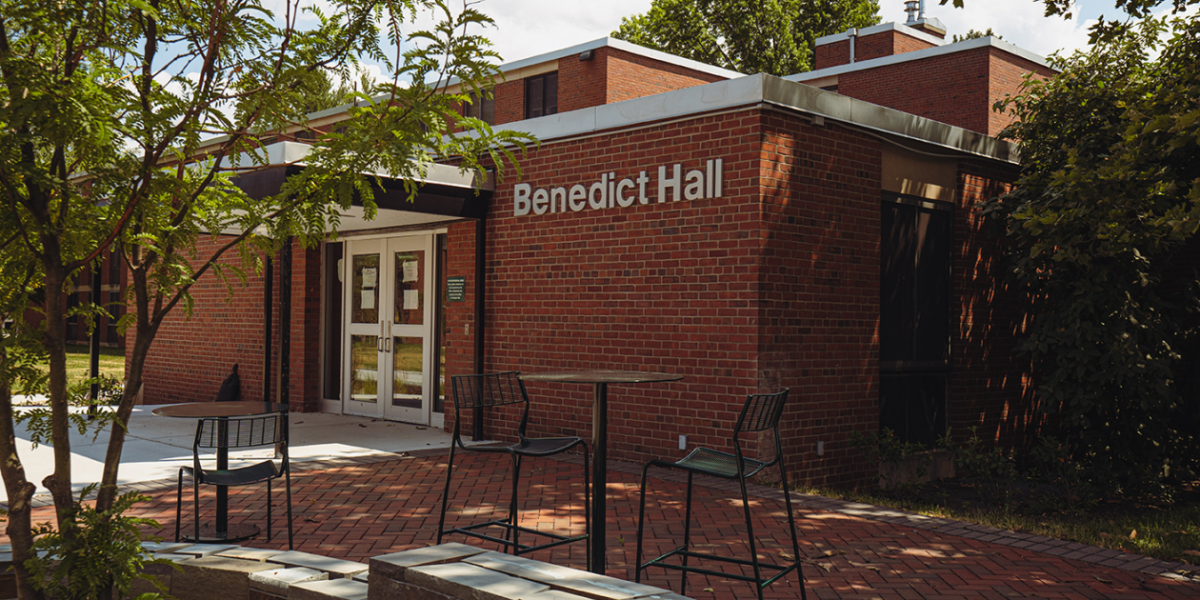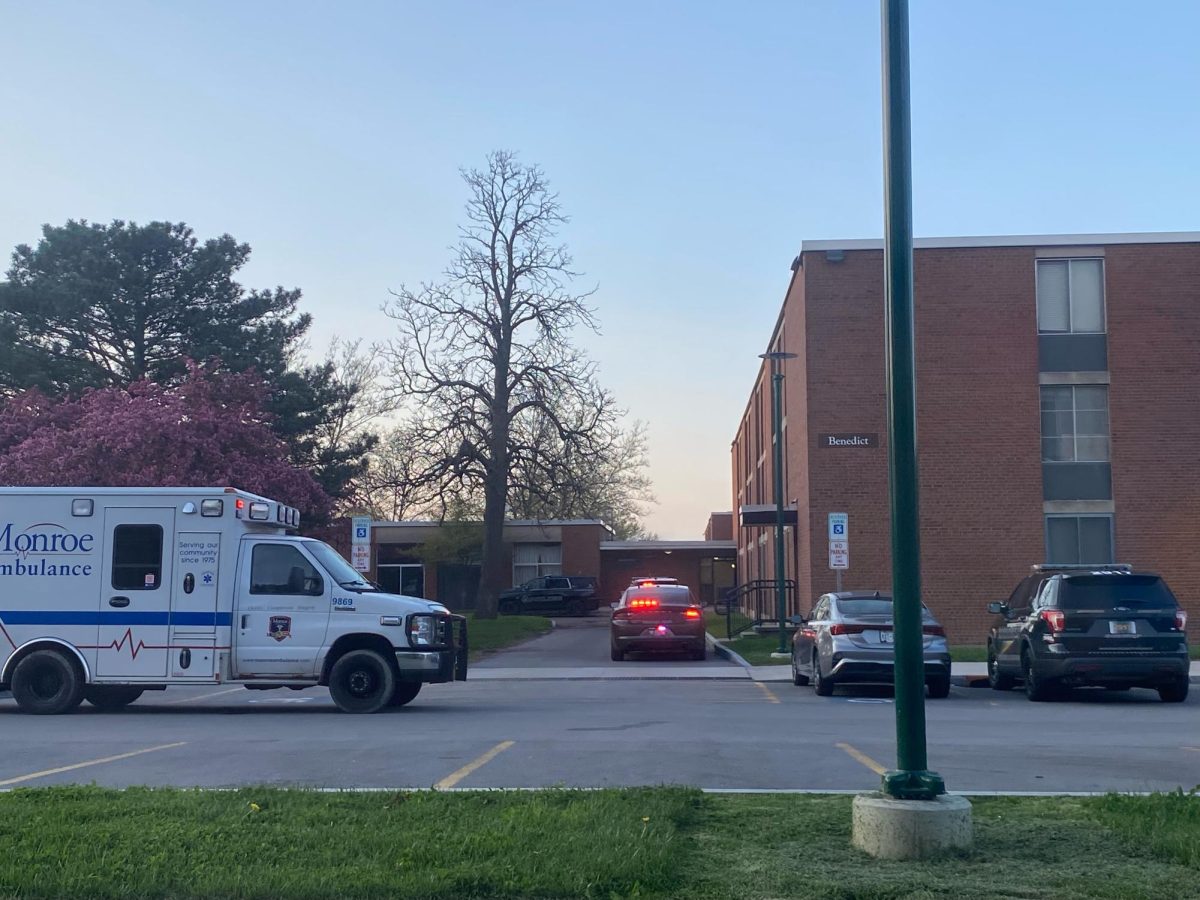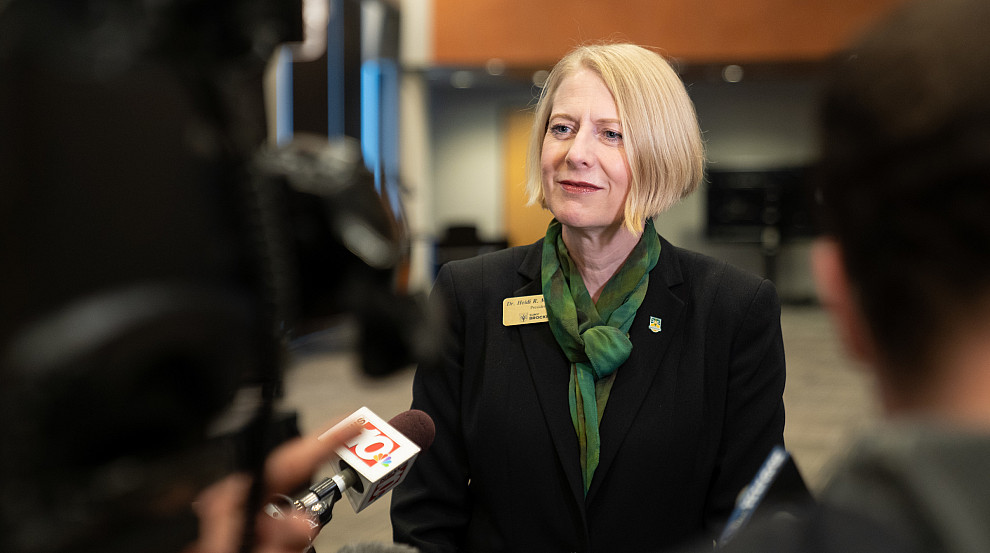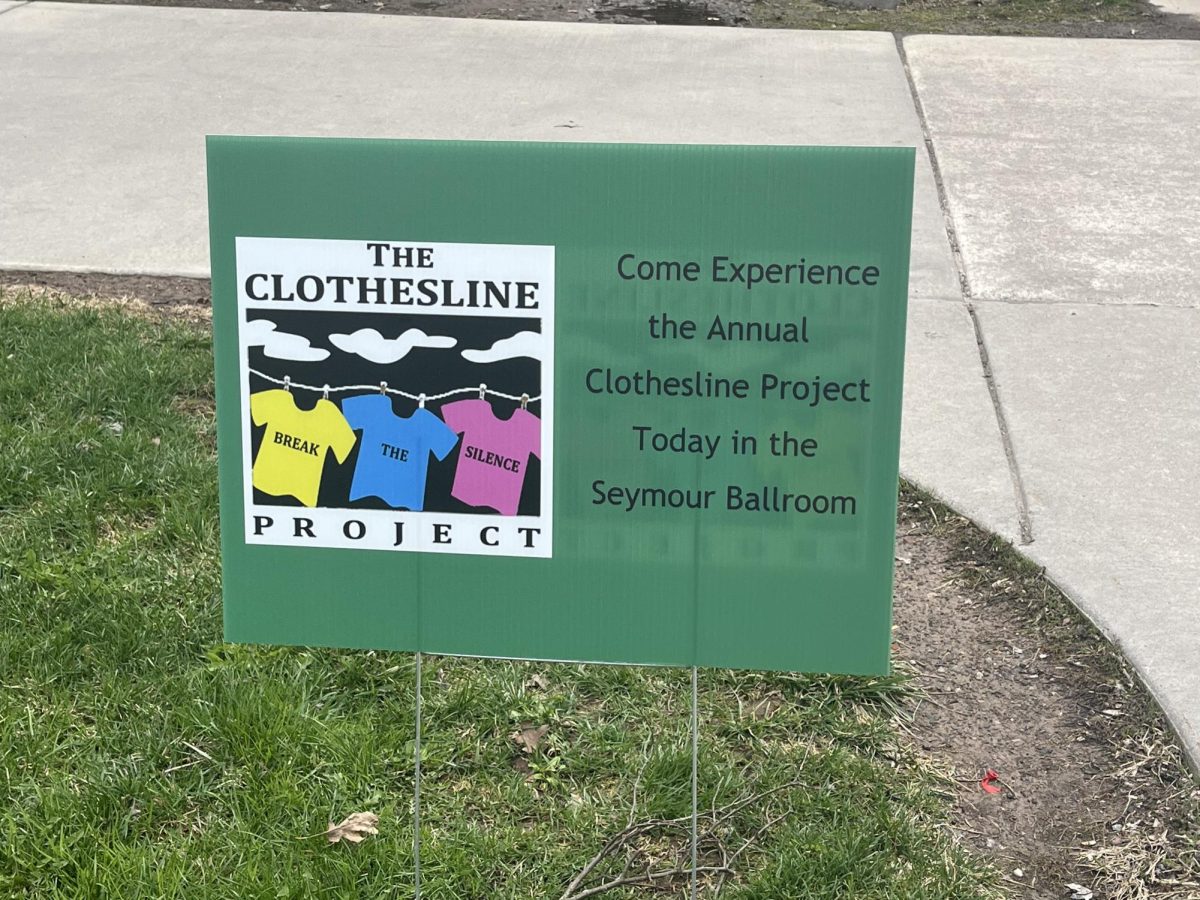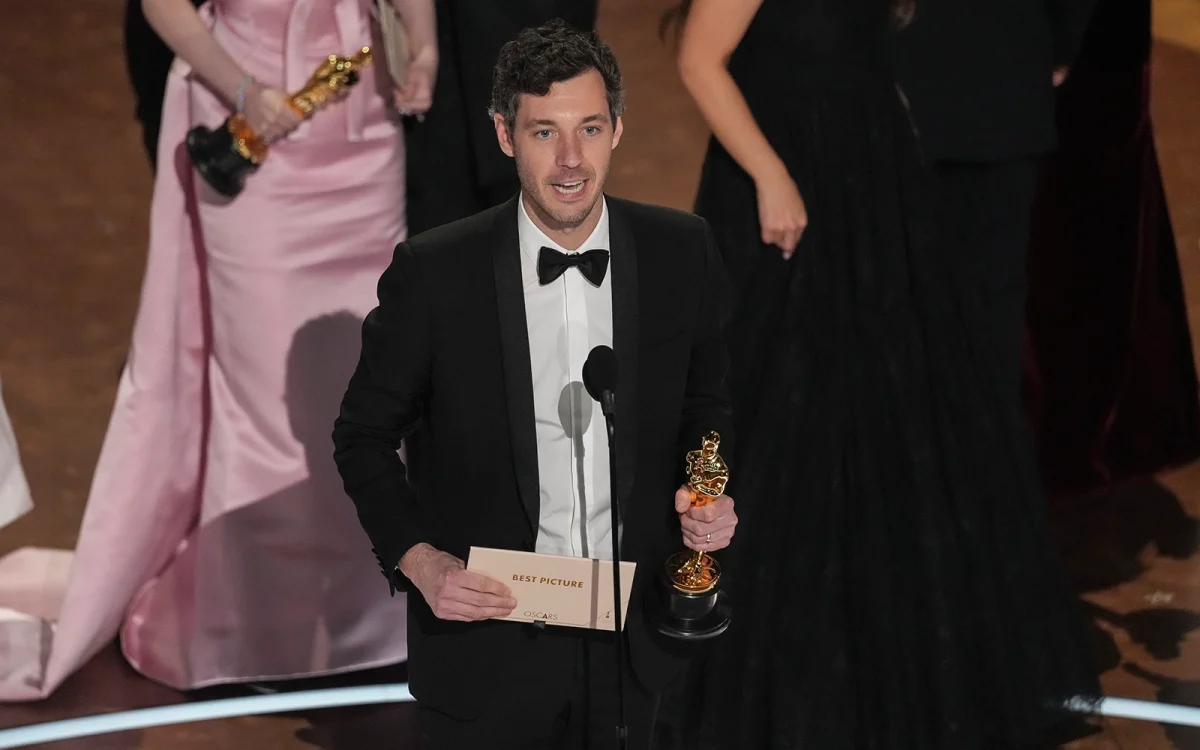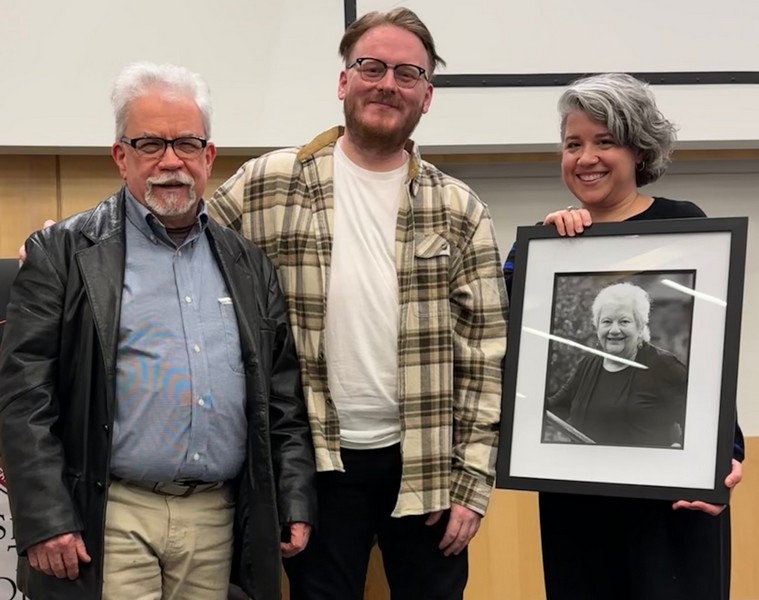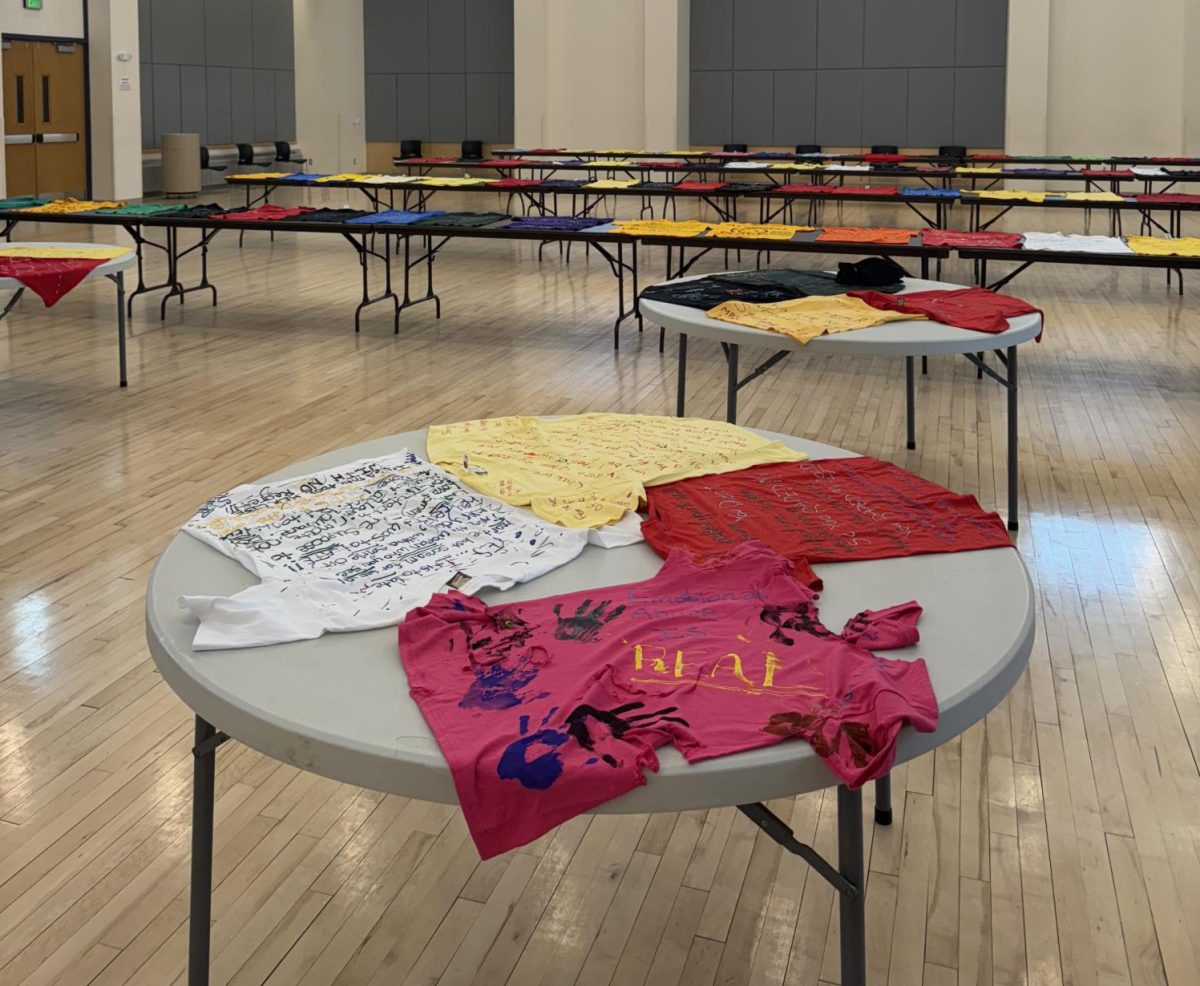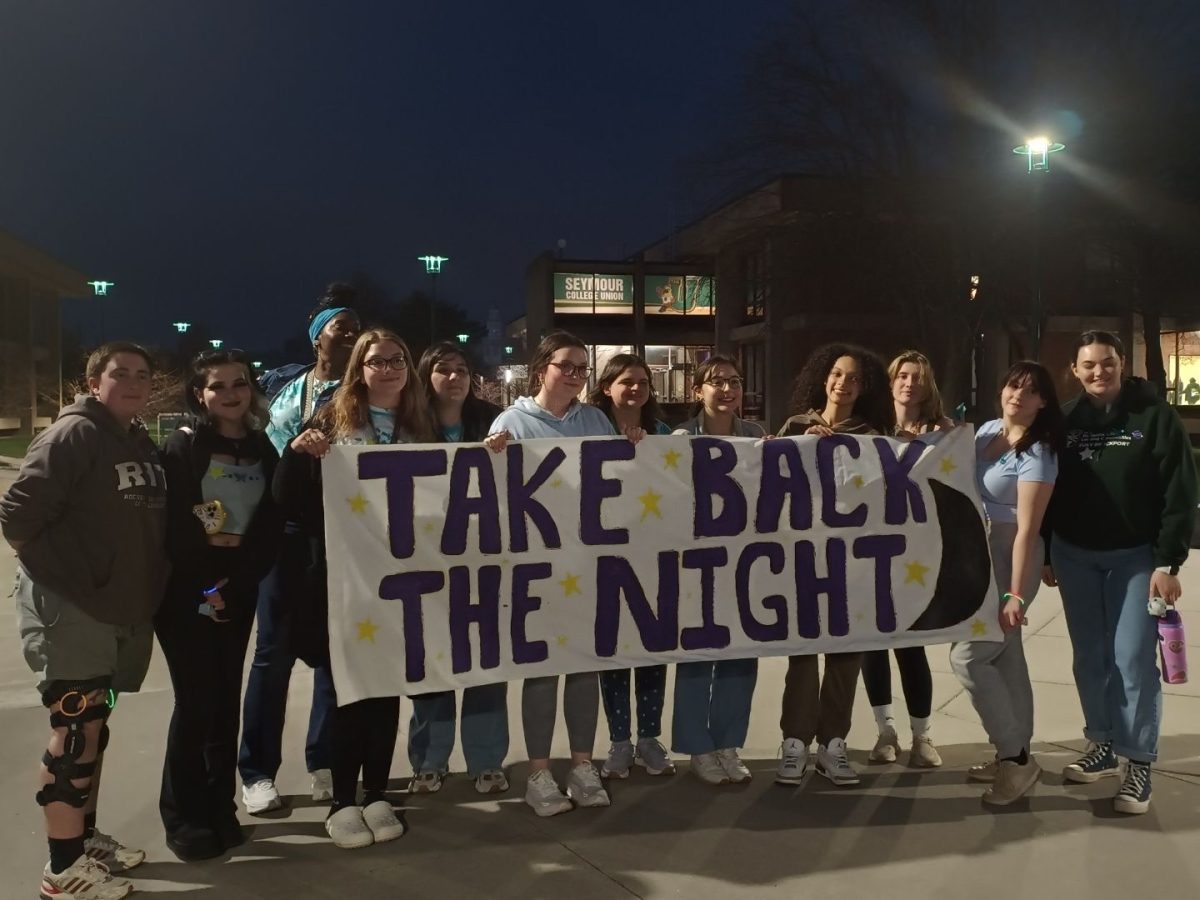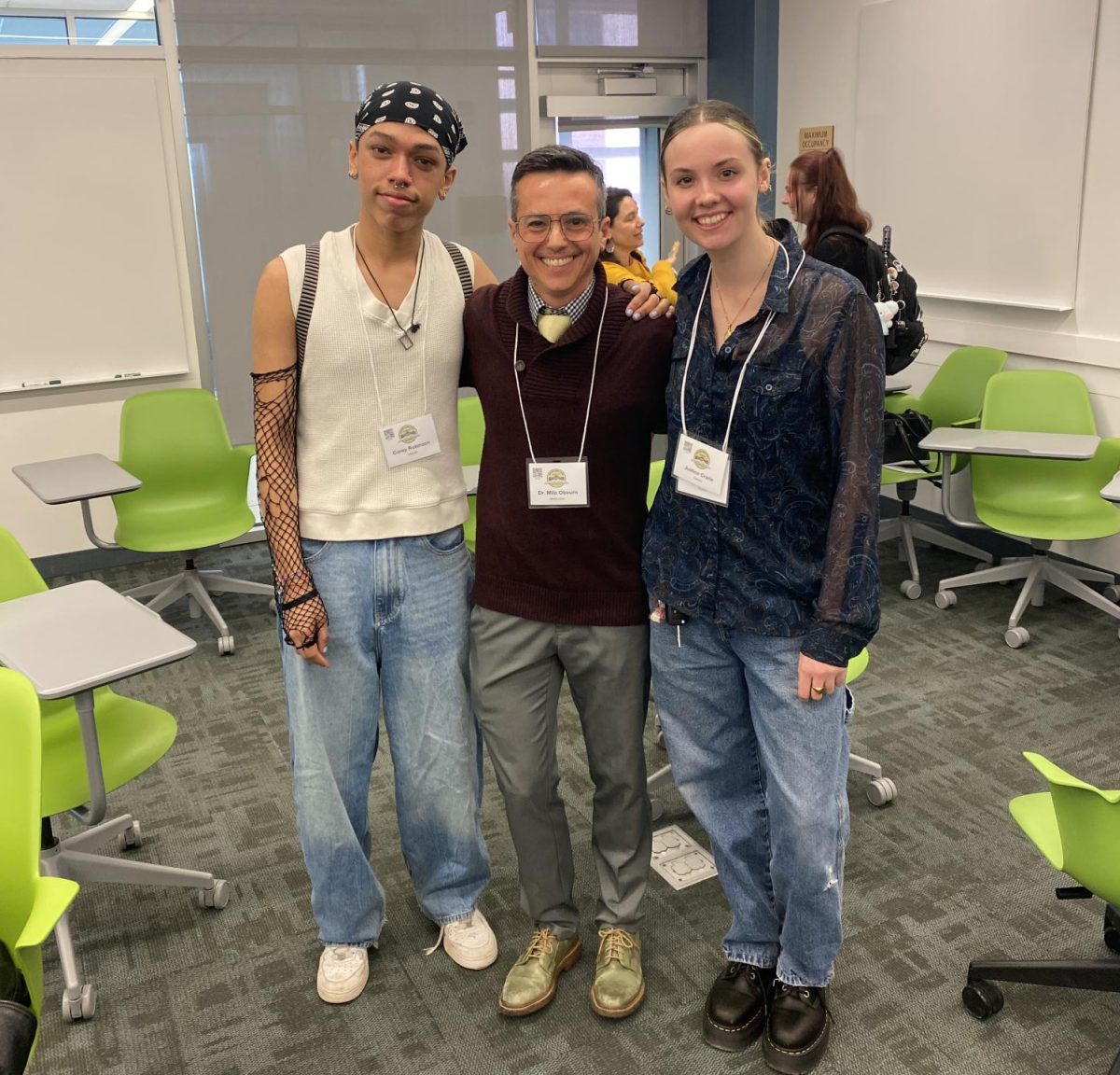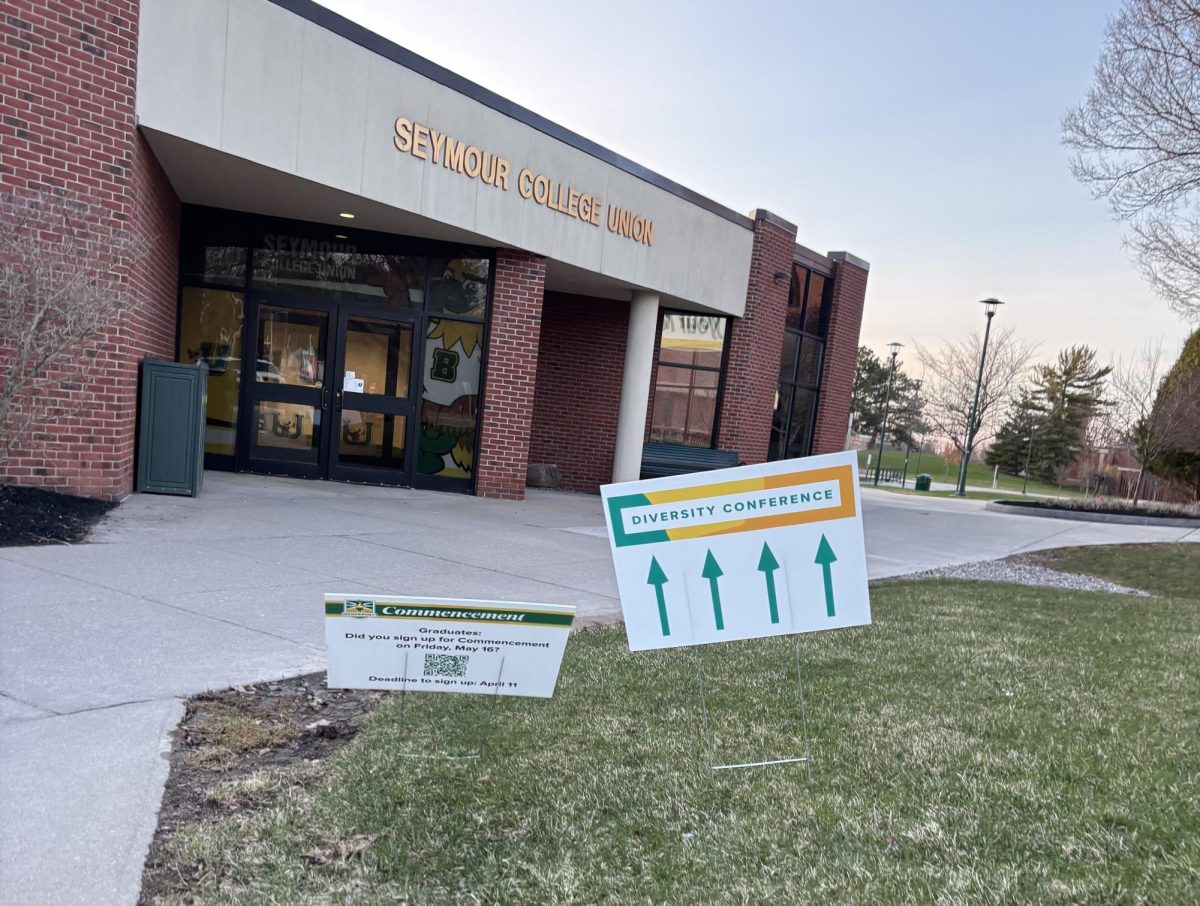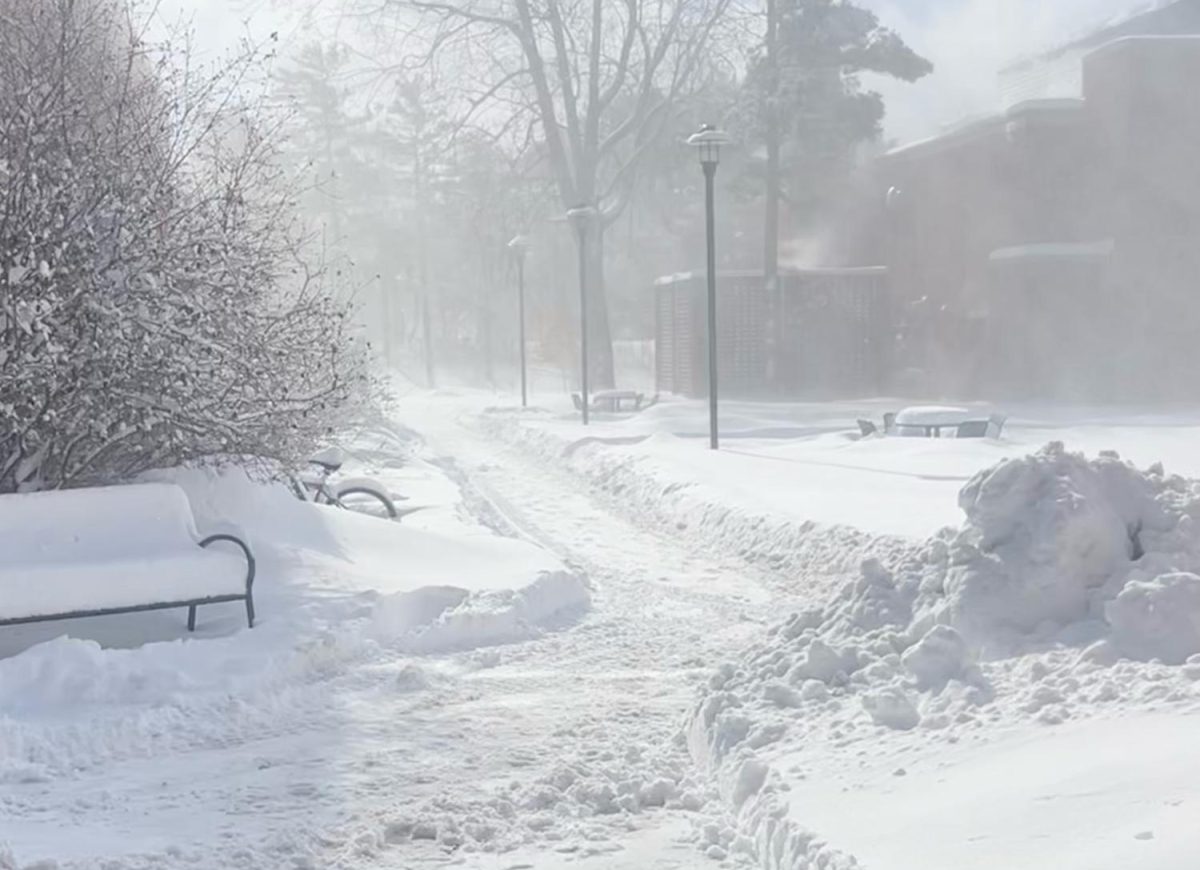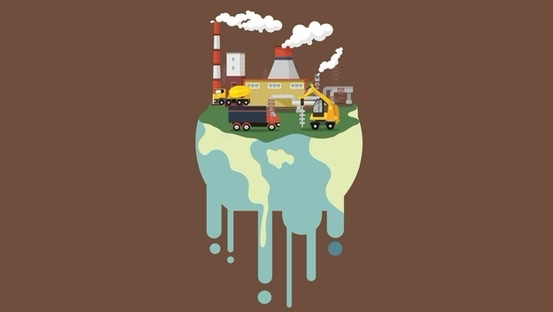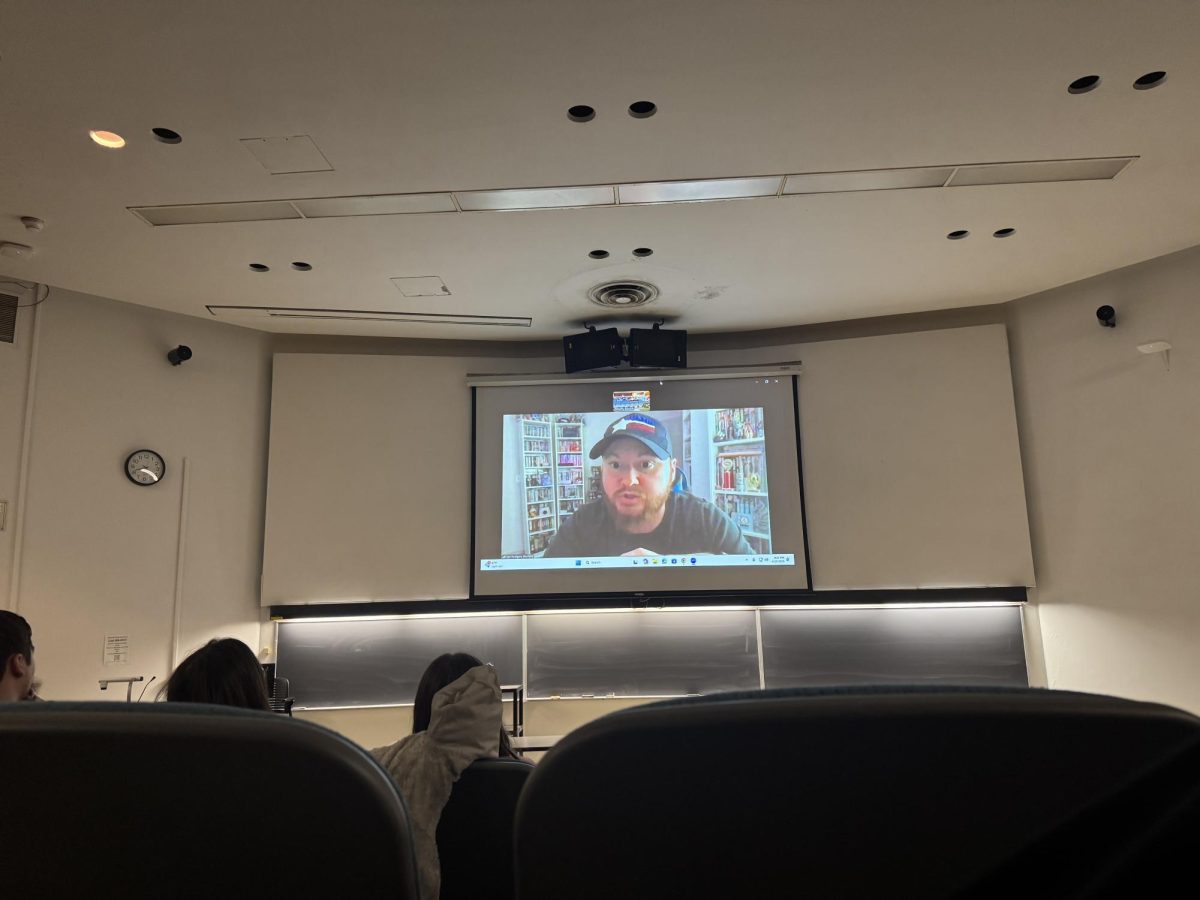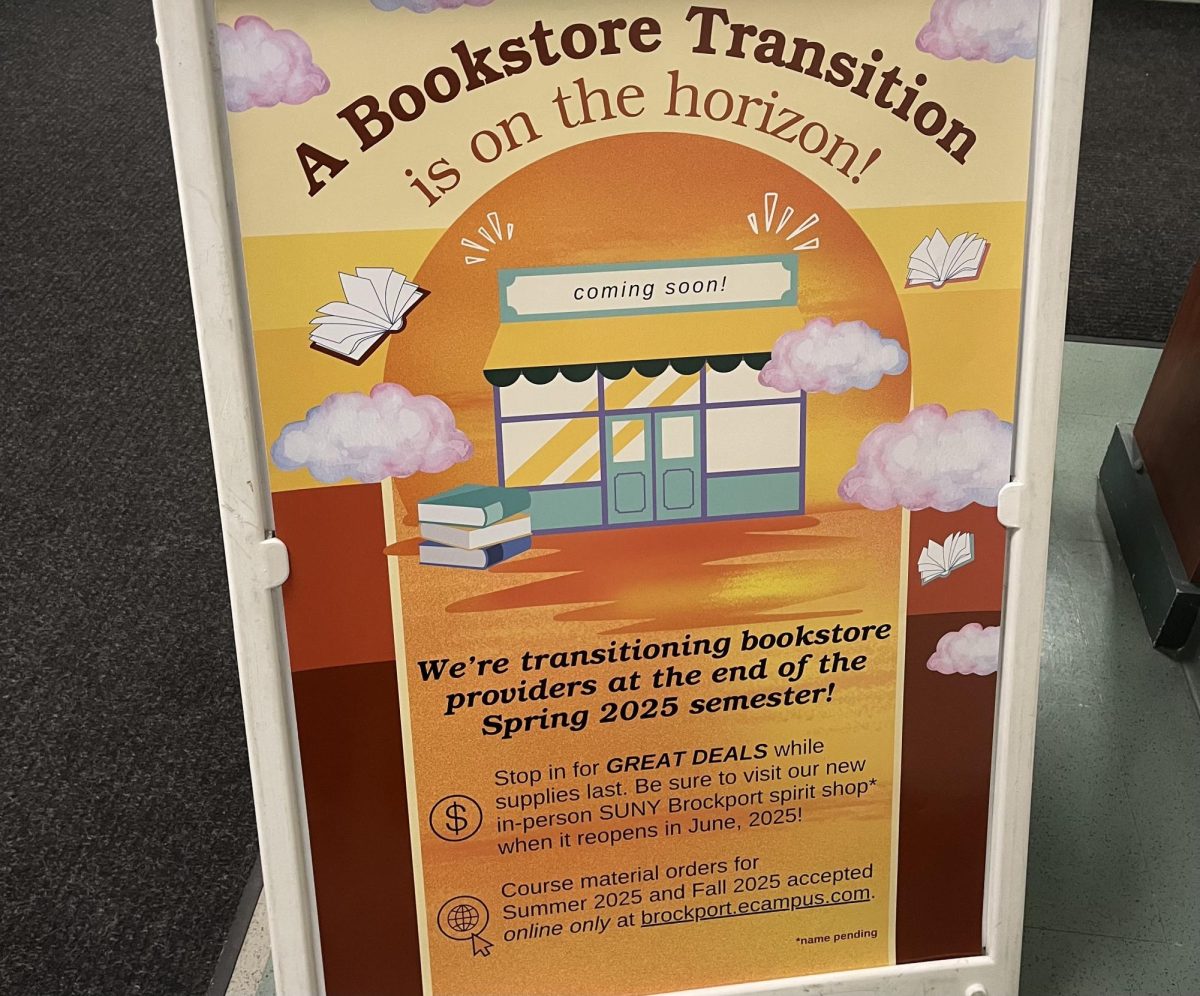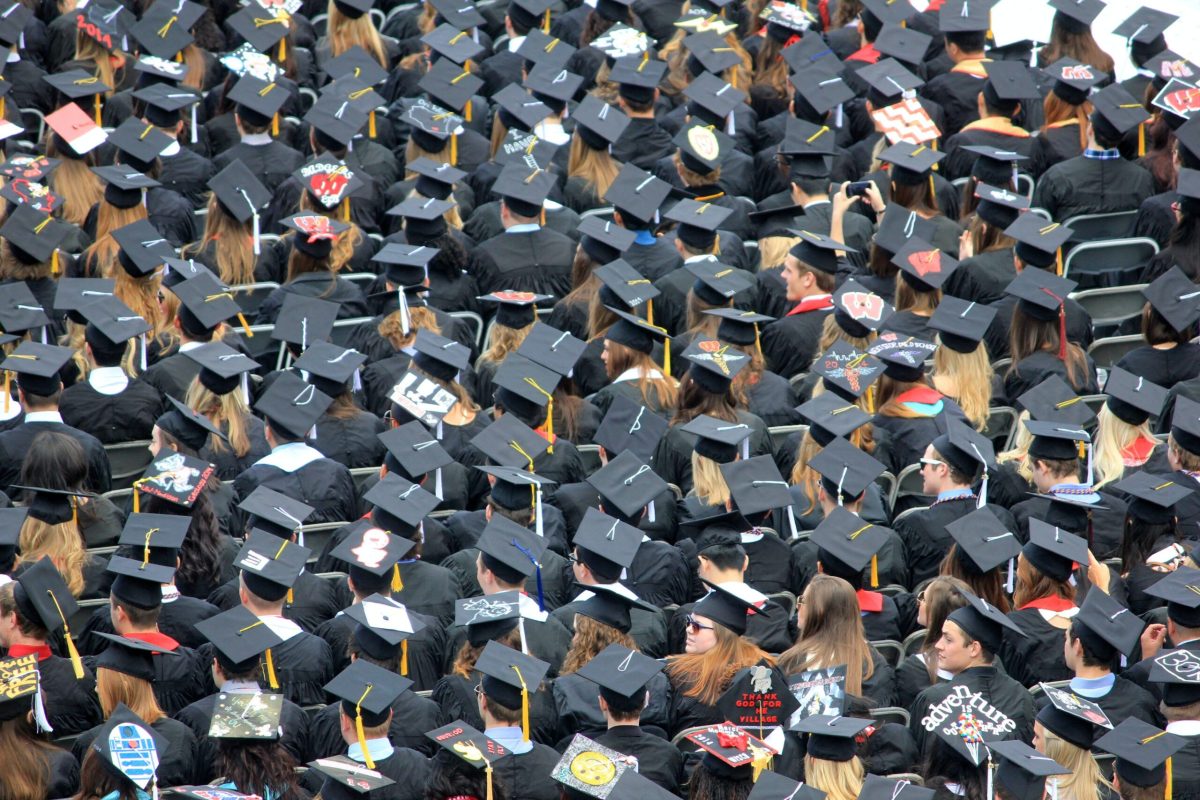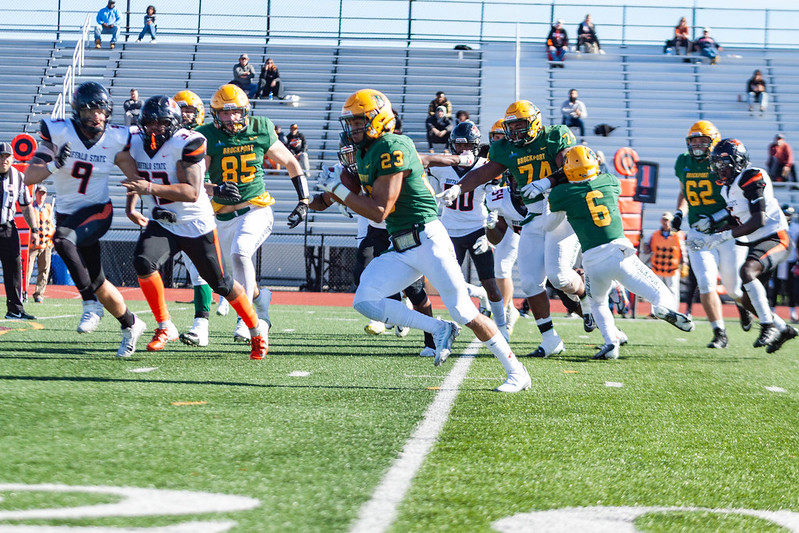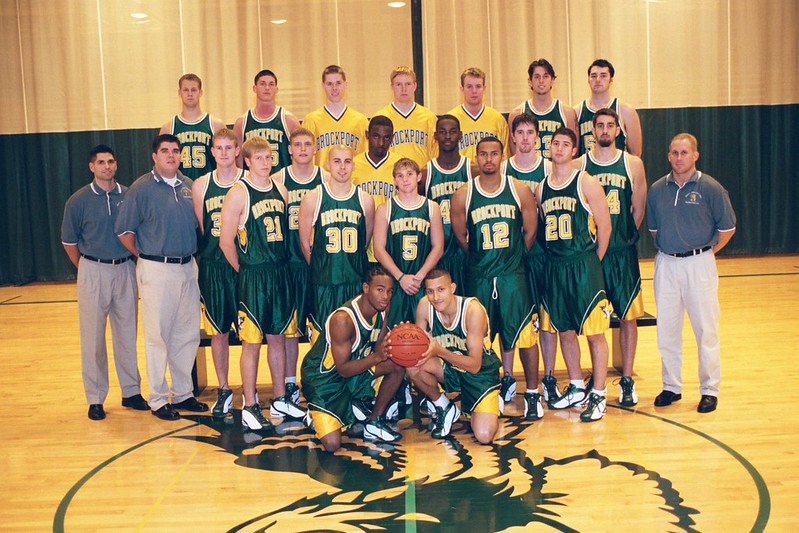By Ellen Paddock / News Editor
The Department of Environmental Science and Ecology hosted a virtual Earth Day seminar on Wednesday, April 21, featuring Professor Emeritus James Haynes, who taught at SUNY Brockport for 41 years.
Over 30 students participated in a discussion that answered some big questions about climate change.
Although these students woke up to a snow-covered campus on Wednesday, Haynes told them not to be fooled. Earth’s average temperature is rising.
“The difference between 78 and 80 degrees on a late spring or early summer day isn’t noticed much, but a small change in temperature in the past has made big changes in how humans experience their lives,” Haynes said.
This temperature rise is directly correlated to increasing carbon dioxide concentration in the atmosphere. According to Haynes, humans are living in uncharted territory as carbon dioxide concentration is higher than ever before.
“Carbon dioxide concentration in the atmosphere has been growing exponentially since 1950,” Haynes said. “If you’re a student, your children will be experiencing a world where the amount of carbon dioxide is 2.5 times higher than it is now.”
Addressing the argument that rising carbon dioxide levels are a natural occurrence, Haynes said humans generate 42% more carbon dioxide than in pre-industrial times. Additionally, scientists can distinguish between natural and human-generated carbon dioxide.
“We know it’s us because fossil fuels have a unique chemical carbon fingerprint,” Haynes said. “That is the smoking gun evidence that it is us, that we’re the ones adding carbon as we burn fossil fuels.”
According to Haynes, we ask nature to provide the products and services we rely on while we trigger temperature changes in the next 80 years of potentially five times more than ever experienced.
“It seems to me we can’t let this happen and it seems to a lot of other people the same way. That’s why 196 countries signed the Paris Climate Accord in 2015,” Haynes said.
According to climate scientists, the average global temperature must not rise more than 3.7 degrees, or ideally, 2.7 degrees. Haynes said if global temperature is limited to these levels, we can adapt and be resilient enough to handle what’s coming. If temperatures are not kept under the necessary limits, there will be negative effects on all aspects of human life.

Haynes views these negative effects through three lenses: Jobs and economy, personal health and geopolitical concerns. There will be a decrease in productivity and crop yields, crime and lung disease will increase, and more refugees will come to the southern border to flee rising temperatures. Additionally, higher temperatures will cause food insecurity, flooding, destruction of coral reefs, increased pollen levels and wildfires.
“We face severe problems if we continue on our regular path,” Haynes said. “It turns out there is great hope if we act now, in the next 20 years because the economic equation has changed.”
The cost of inaction exceeds the cost of action against climate change. At this time, clean energy is the most inexpensive source of electricity.
“One prediction is renewables, including nuclear power and hydroelectric power, will replace fossil fuels as the number one energy source worldwide by 2030,” Haynes said.
The reality of the planet relies on how nations will choose to invest their financial resources. Haynes put it this way –– “Are we going to invest in the dirty fuels of the past or clean fuels of the future?”
This is the first generation with the tools and knowledge to mitigate climate change. Fortunately, it is not too late to act. Haynes said if people come together and face the dangers with clear minds, and don’t let partisan politics paralyze them into inaction, there will be success.

